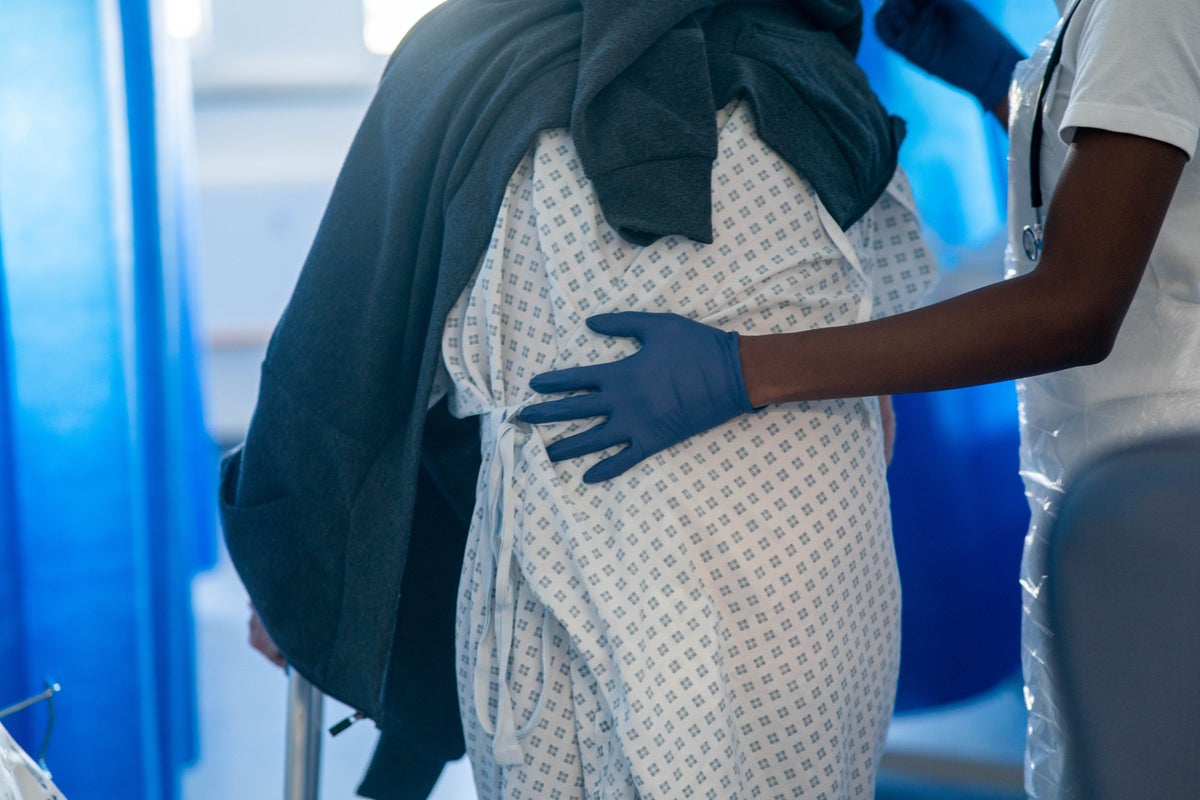
Patients battling some of the most devastating diseases such as cancer could see improvement in their treatment as a result of a funding boost, a health minister said.
A new facility in Darlington will be backed by £29.6 million of Government funding, with the aim of maintaining the UK’s lead in RNA science.
Health minister Stephen Kinnock said RNA therapies, which reprogramme immune cells or tumour cells, “hold extraordinary promise” for those with heart conditions, infectious diseases and dementia.
The UK RNA Biofoundry will help UK scientists and businesses get their ideas out of the laboratory and onto the market sooner, according to the Department for Science, Innovation and Technology.
RNA therapies could better equip the NHS to take on pandemics, rare conditions and other emerging diseases, because they are fast to design, adaptable and more precise than traditional drugs, the department added.
Mr Kinnock said: “This investment is exactly the kind of approach that will pull our health service into the 21st century.
“RNA therapies hold extraordinary promise for patients battling some of our most devastating diseases – from cancer to cardiovascular conditions that claim far too many lives each year.
“Our plan for change is turbocharging the development of life-changing treatments right here in the UK, as we deliver an NHS which is truly fit for the future.
“The biofoundry is a significant and early step in the delivery of the recently published life science sector plan, demonstrating commitment to invest at scale in life sciences manufacturing innovation.
“The sector plan also sets out broader steps the Government is taking to help the UK’s health innovators make the jump from lab to marketplace, including reforms to slash clinical trial setup times to under 150 days, moves to streamline regulation, and measures like the NHS innovator passport to get innovative new technologies into the health service sooner.
“Wider work is also under way to increase access to mRNA therapies for the benefit of NHS patients and the British economy.
“Our strategic partnership with BioNTech aims to provide up to 10,000 UK patients with personalised cancer immunotherapies by 2030, either in clinical trials or as authorised treatments.
“Earlier this year, construction of the Moderna Innovation and Technology Centre at Harwell was completed under a 10-year strategic partnership with the UK Government, helping UK patients benefit sooner from advances in mRNA science.”
Science minister Lord Vallance said: “RNA therapies are a new frontier in healthcare. With their ability to reprogramme our cells, and adapt to different diseases, they could be the answer to many treatments the British public are desperately in need of, tackling cancers, infectious diseases and more.
“This new biofoundry will accelerate the journey RNA therapies take from labs to the markets, to give our innovators the best opportunities to turn their great ideas into the lifesaving treatments for our NHS patients, and faster.
“It is a huge step forwards in delivering our life science sector plan, and will help us attract further backing for high-value British manufacturing that will drive growth in all parts of the country, including the North East.”
The Darlington facility could be used for vaccine production in a future pandemic.
